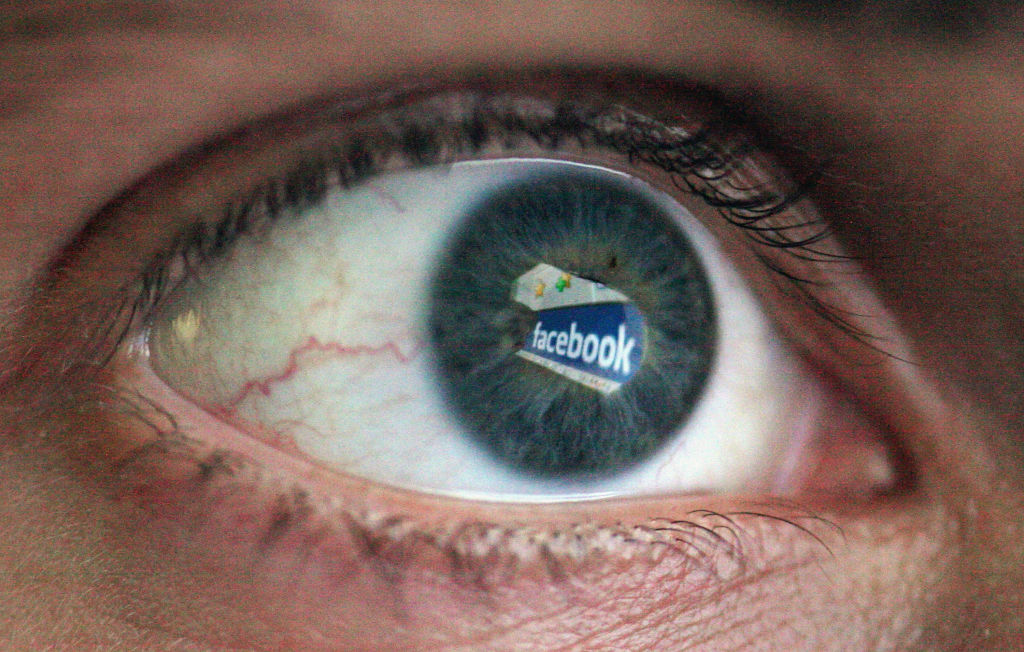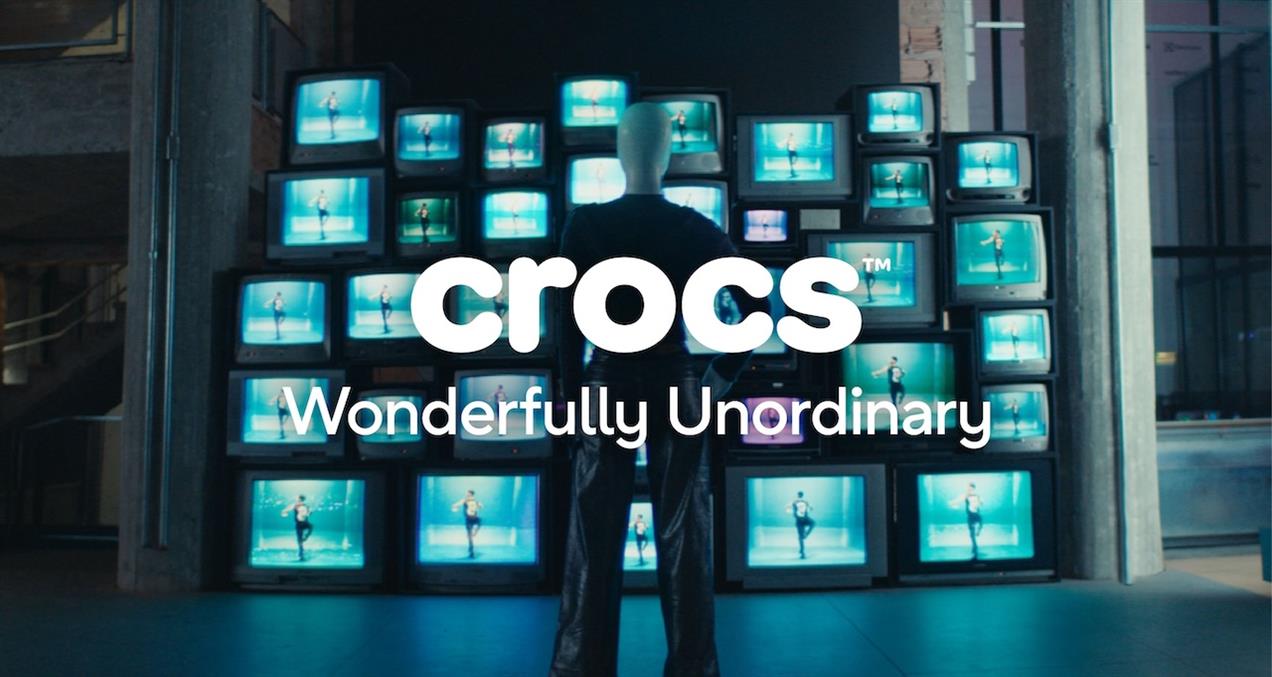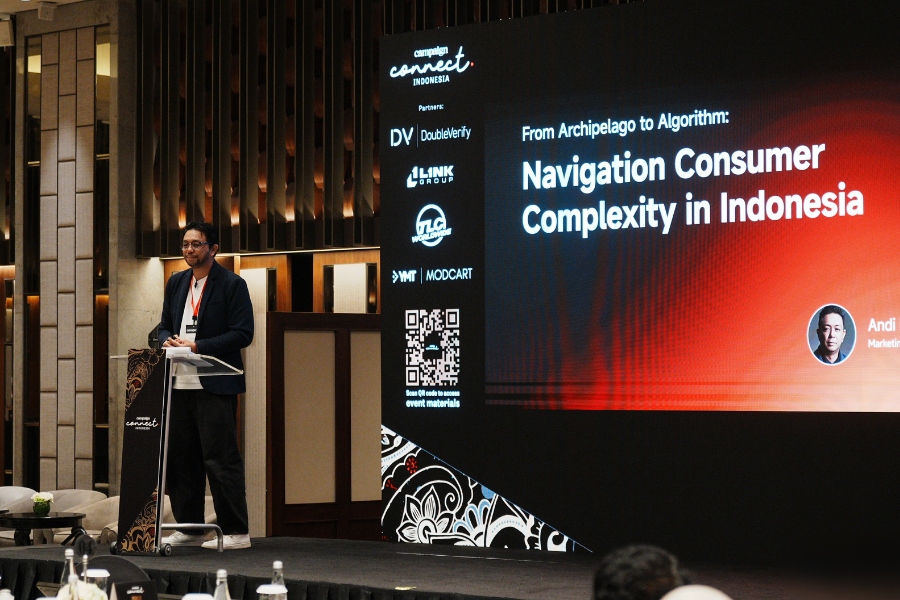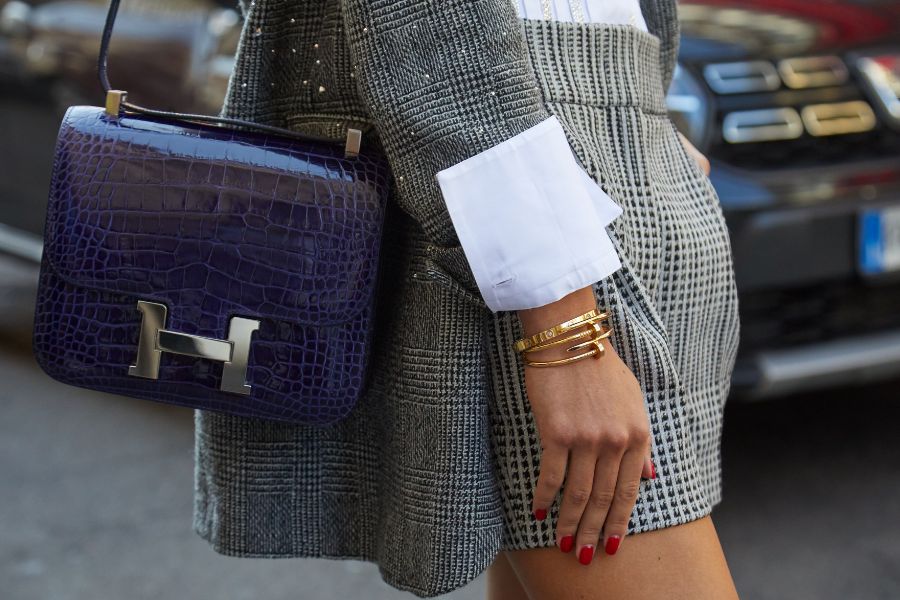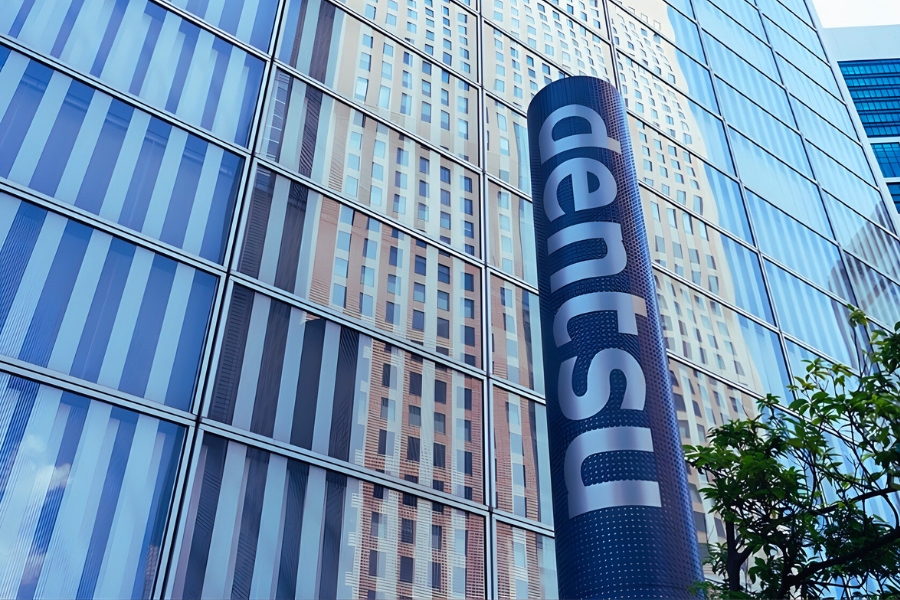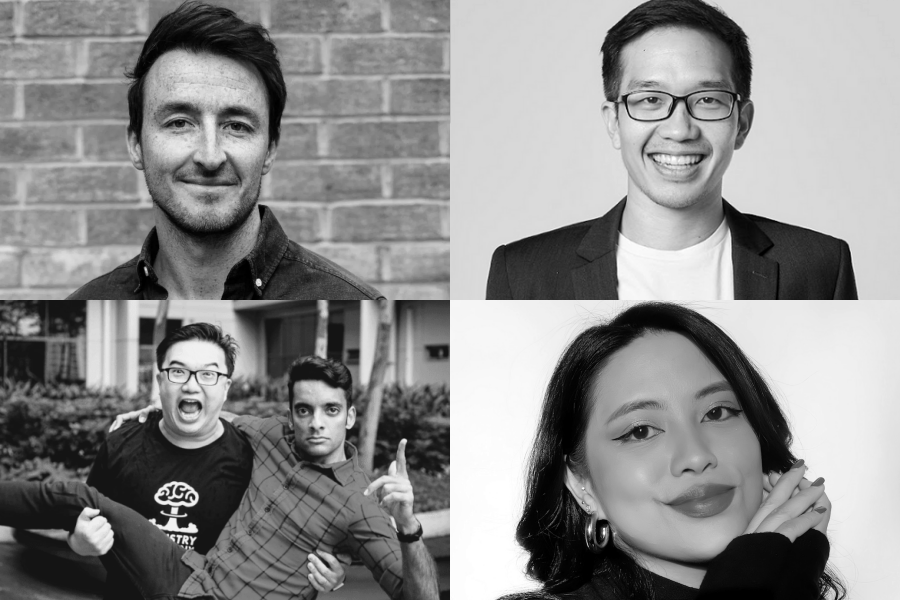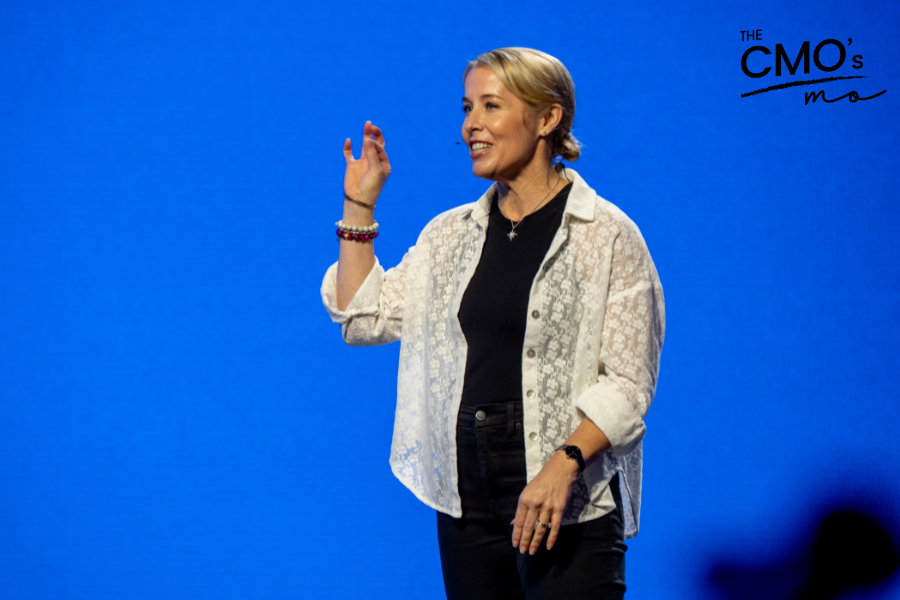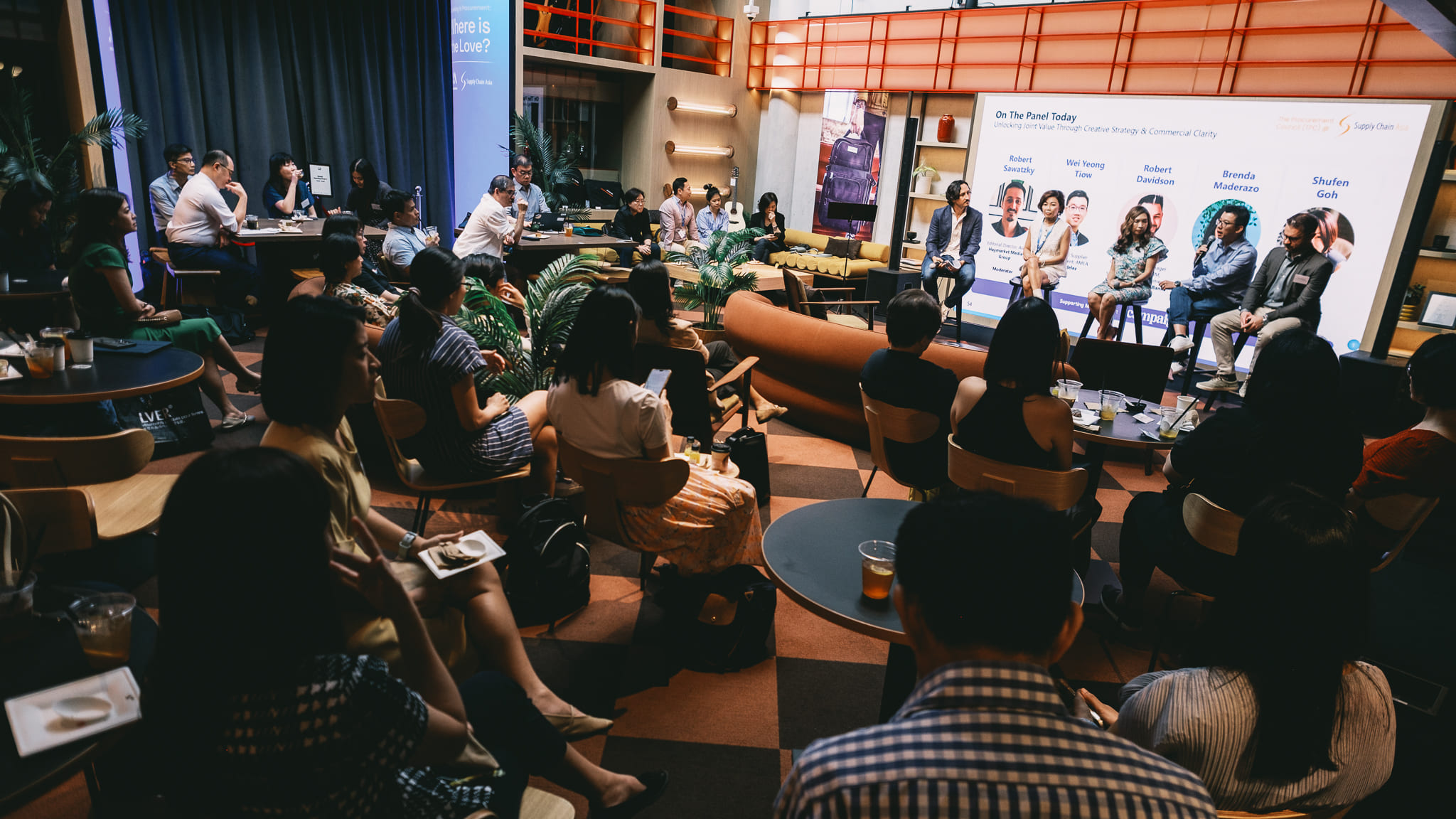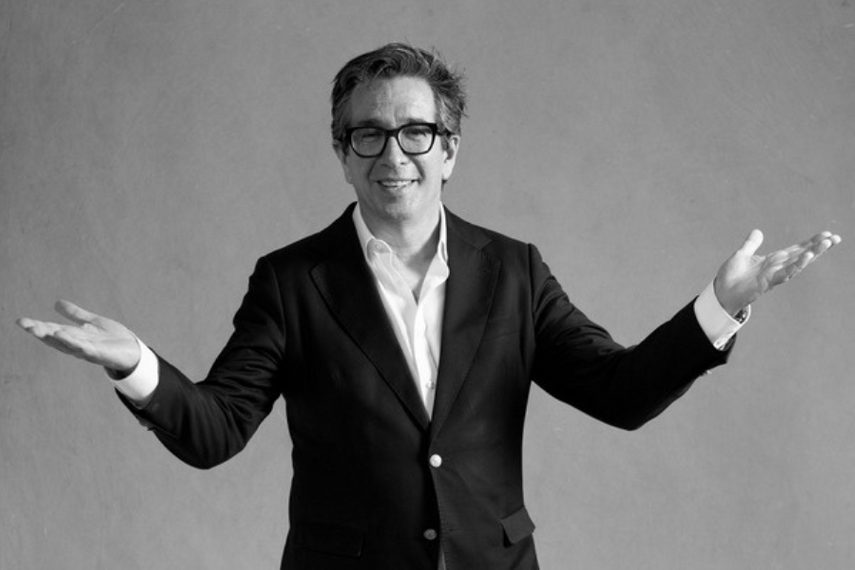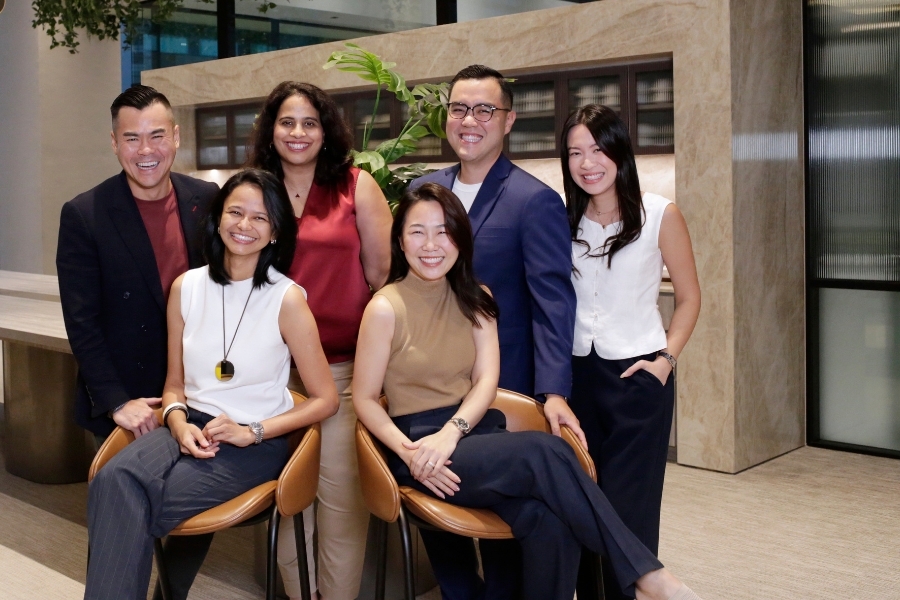With a growing list of global advertisers pausing their social media spending amid concerns over the proliferation of hate speech, the World Federation of Advertisers has polled its members on the issue, but found no strong consensus.
The survey was released late last week before heavyweights like Unilever, Coca-Cola, Diageo, Starbucks and Levi's joined the boycott and before Facebook tweaked some content policies. It found that only 5% had decided to withhold spend, though a quarter of advertisers felt likely that they would. The largest portion (41%) remained undecided, even though the WFA's public position is that the platforms need to do more.

A majority of WFA members (53%) said they have had conversations with the platforms about their policies on hate speech, suggesting they do not feel uninformed on the issue.
Nearly half of the global advertisers (48%) said their main approach was to work through industry bodies like the Global Alliance for Responsible Media for change. Many members suggested they were also actively reviewing the role of social media in their marketing mix, getting advice from their media agencies and communicating with their peers.

Member commentary likewise reflected a diversity of opinion:
It's simply depressing [the platforms] still fall short. If they don't adjust based on calls from consumers and stakeholders, we would appreciate support with identifying viable alternatives for investments so our markets can have a clear choice of media owners that can secure business outcomes. Perhaps competition is the only way to get [them] in particular to change.
Neither platform is perfect, nor advertisers and the marketers behind them. Advertisers may pull out from these platforms but most of the consumers will not.
Strongly believe that taking a constructive approach is the right thing to do, but sending a signal to [the platforms'] leadership is probably needed to create a stronger sense of urgency.

